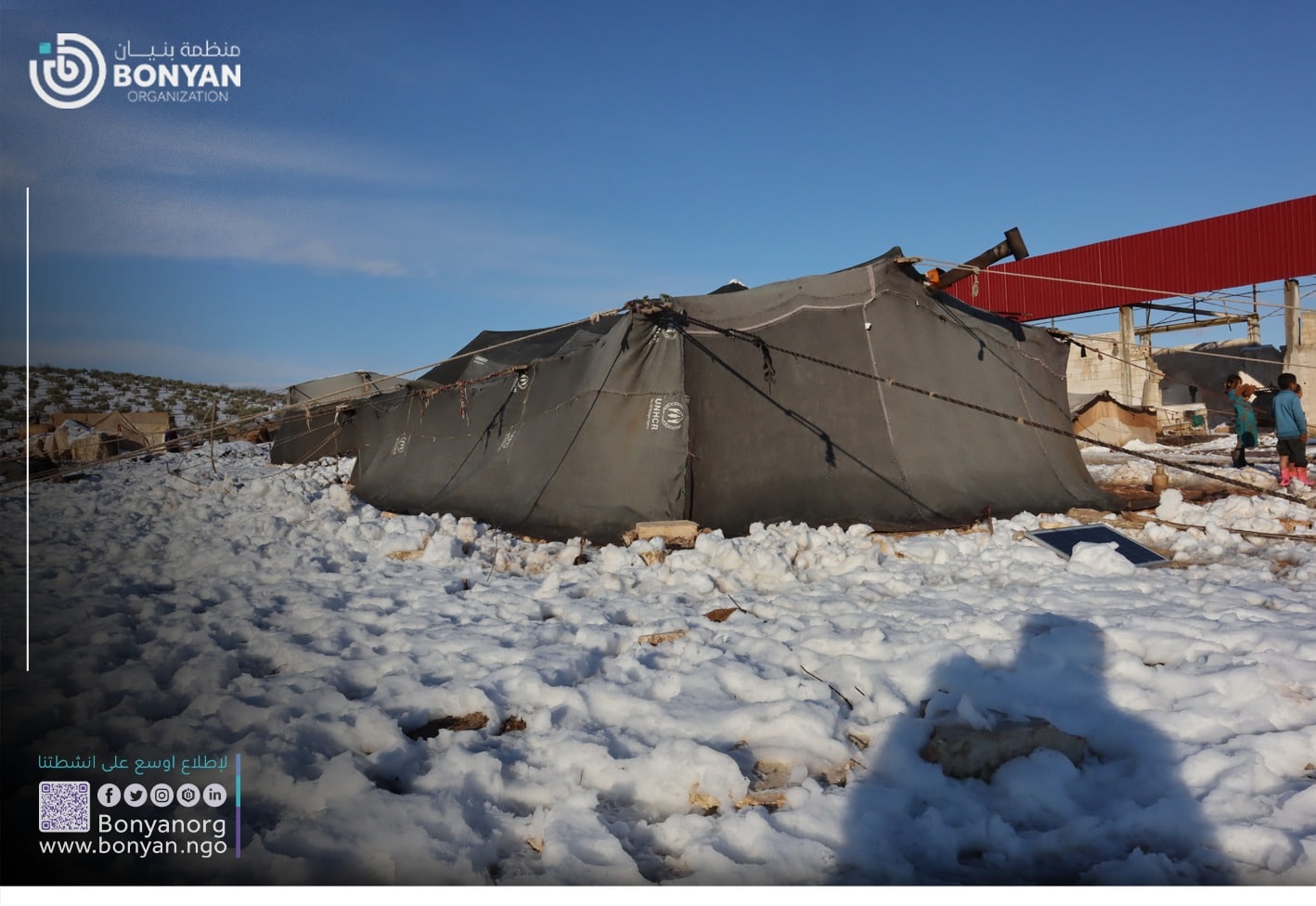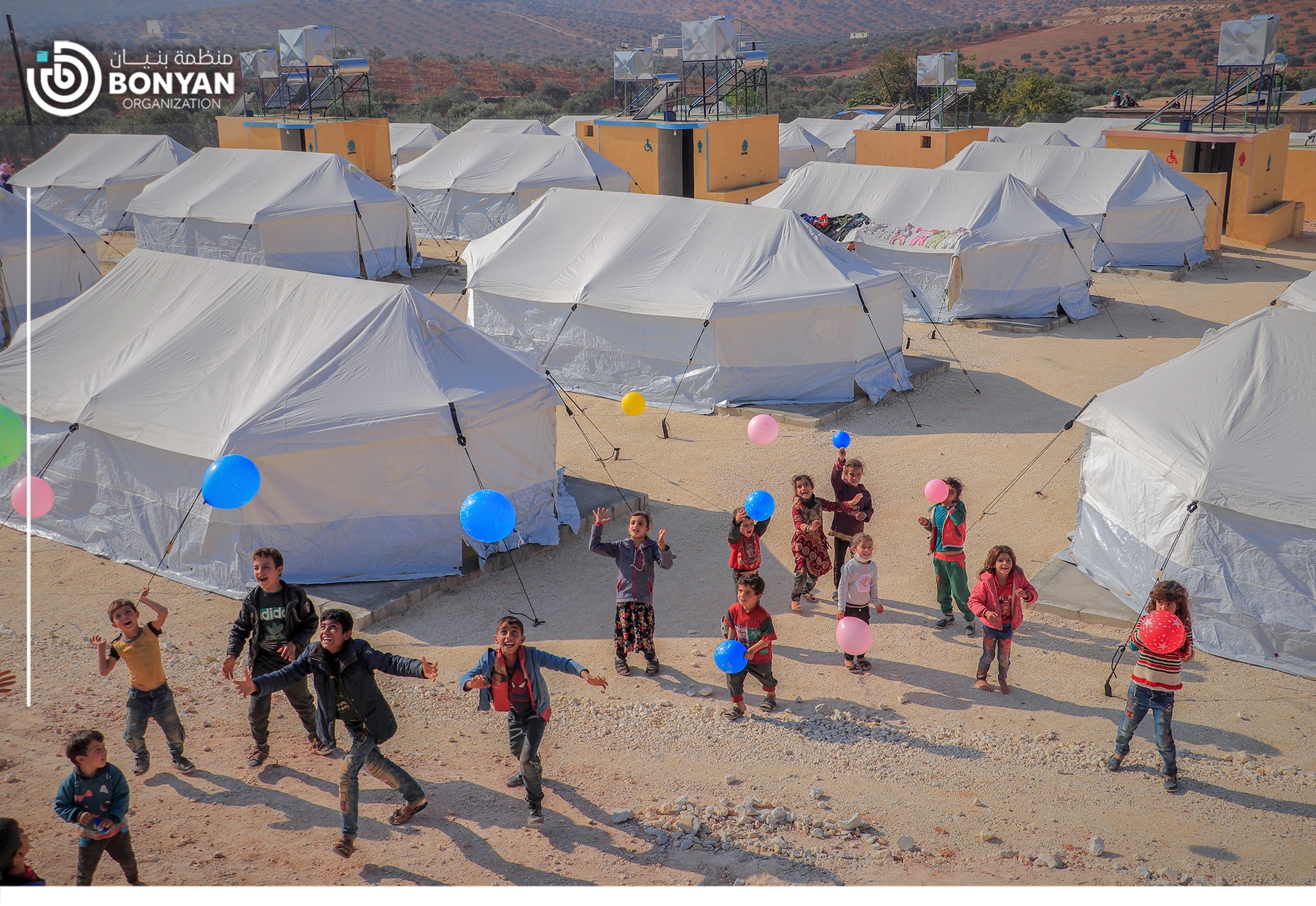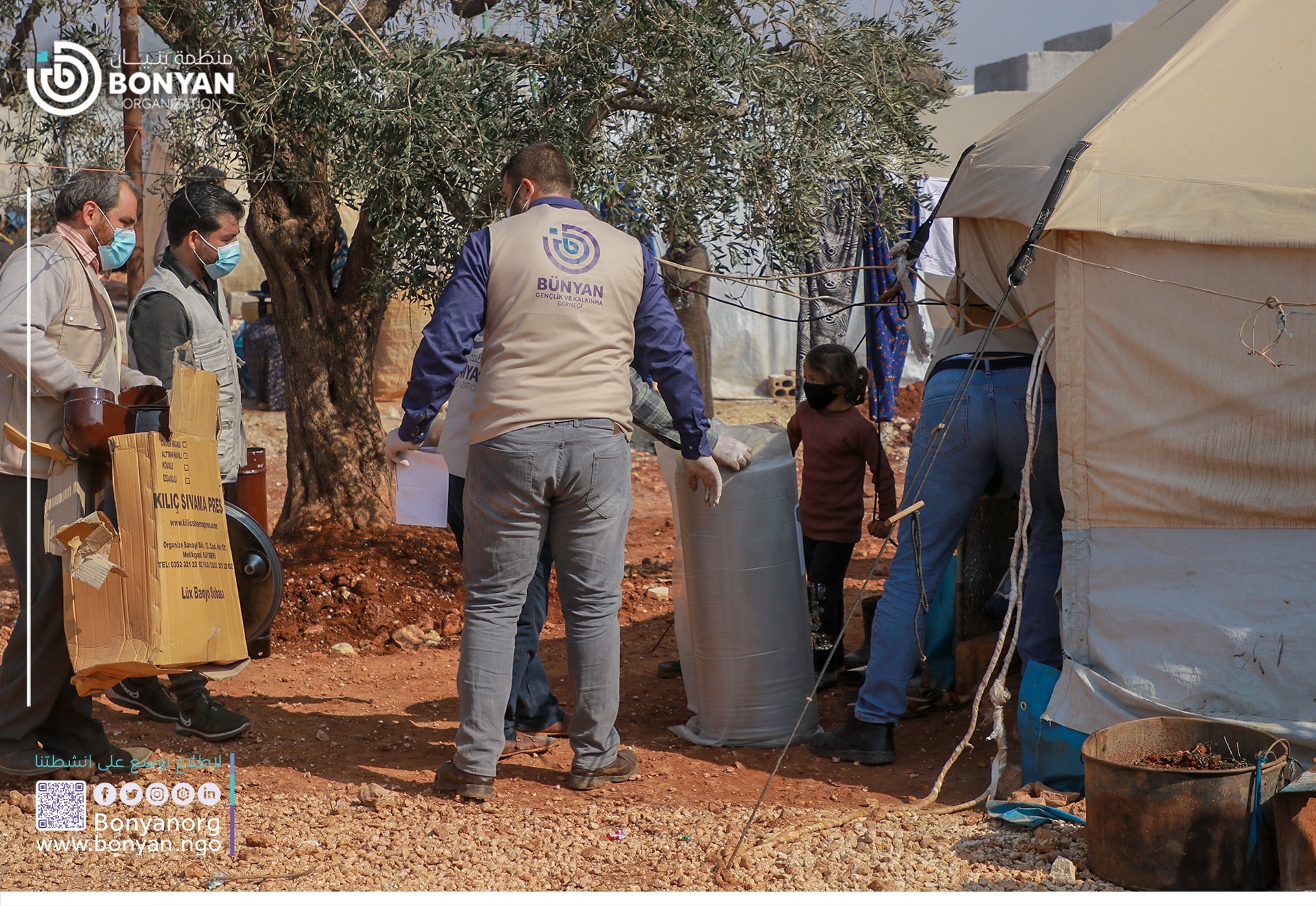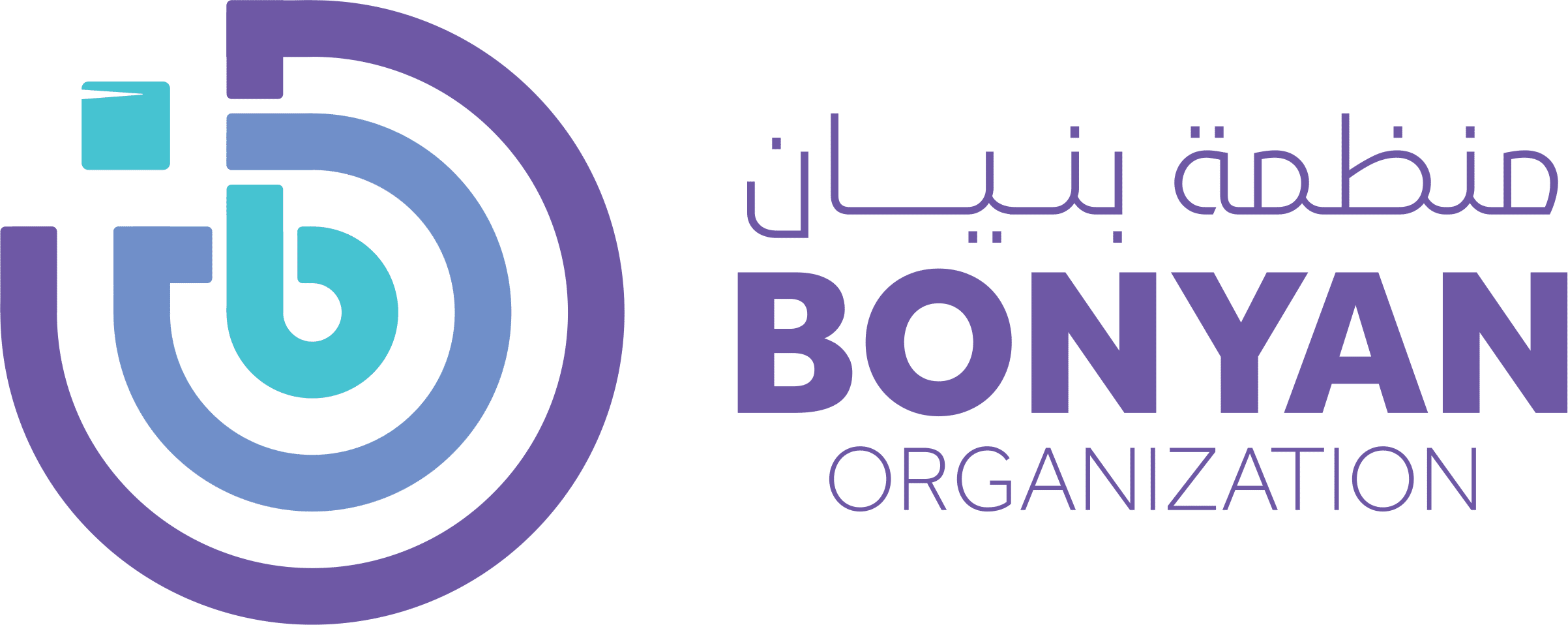Refugee camps are temporary facilities built to provide immediate protection and assistance to people who have been forced to flee their homes due to war, persecution, or violence. While camps are not established to provide permanent solutions, they offer a safe haven for refugees and meet their most basic needs such as;
- Food.
- Water.
- Shelter.
- Medical treatment, and other basic services during emergencies.
In situations of long-term displacement, the services provided in camps are expanded to include educational and livelihood opportunities as well as materials to build more permanent homes to help people rebuild their lives.
The conflict in Syria has caused the biggest displacement crisis in the world. Over 5.5 million Syrians live as refugees in the region. More than six million Syrians are displaced within the country.
Around 700,000 people have fled within or from the conflict areas in Syria’s Idlib and Aleppo Governorates since early December. A critical need is shelter, compounded by the harsh winter conditions. Many have had to flee already several times, leaving behind possessions, and limited places, for them to stay.
Existing camps and settlements of internally displaced persons are overcrowded, and shelter in existing houses is getting scarce. Many schools and mosques are filled with displaced families, and even finding a place in an unfinished building has become close to impossible.

people living in refugee camps can face overcrowding, poor sanitary conditions, and food insecurity. These conditions can result in respiratory problems, the spread of infections, and gastrointestinal illnesses.
Gastrointestinal diseases can be caused by many pathogens transmitted through contact with contaminated water, food, animals, and the environment. Access to clean water and proper water storage is essential to alleviating these diseases.
Objectives and Principles
The main objective of the shelters is:
- To preserve life and alleviate suffering for disaster-affected populations in need.
- The basic shelter is secure and appropriate settlements, where conditions have.
Shelter Response
In 2018, UNHCR Syria provided shelter support for internally displaced people who fled hostilities as well as returnees who were back to completely or partially damaged houses in their areas of origin.
1- Short Term Responses
Short-term (temporary) shelters are made for emergencies and are collective and public. Shelter kits typically consist of lightweight sealing materials designed to provide immediate shelter, and it is widely available.
2- Long Term Responses
A long-term shelter is built to stay in it for more than a month, and It is seldom available.

Shelter Non-Food Items NFI
The shelter program aims to provide safe shelter for internally displaced persons by providing healthy living conditions with privacy and dignity to groups of people and families. This occurs in various forms, such as camps and temporary or permanent housing.
Winterization
Winter deepens the suffering of camp residents. The rain and snow that fell on northern Idlib caused the displacement of hundreds of families, mostly women and children, after their tents fell and the water spoiled their properties.
The lucky families take refuge in nearby camps where they have relatives and live there to survive another displacement, this time from one camp to another.
Summarisation
Winter is not the only season that shelter residents suffer from; summer is also a big problem for them, especially in the shelters that are located in the desert areas.
Mud houses and tents do not protect their residents from the summer heat. In addition, the shelter residents suffer from the problem of permanent water availability.
Campers can buy snowboards if they are available but at very high prices.

Bonyan Shelter Projects
As for Bonyan Organization, we announced the launch of the project ‘Emergency Multi-Sector Vouchers Response in NW Syria.’.
The project aims to provide multi-sectoral humanitarian support to the most vulnerable and affected IDPs in Idlib / Afrin.
And we supported 13,500 of the most vulnerable IDPs in the Afrin region for 9 months with 1,500 bundles of bread a day.
And we supported 1,400 families with food vouchers distributed daily for 5 months.



